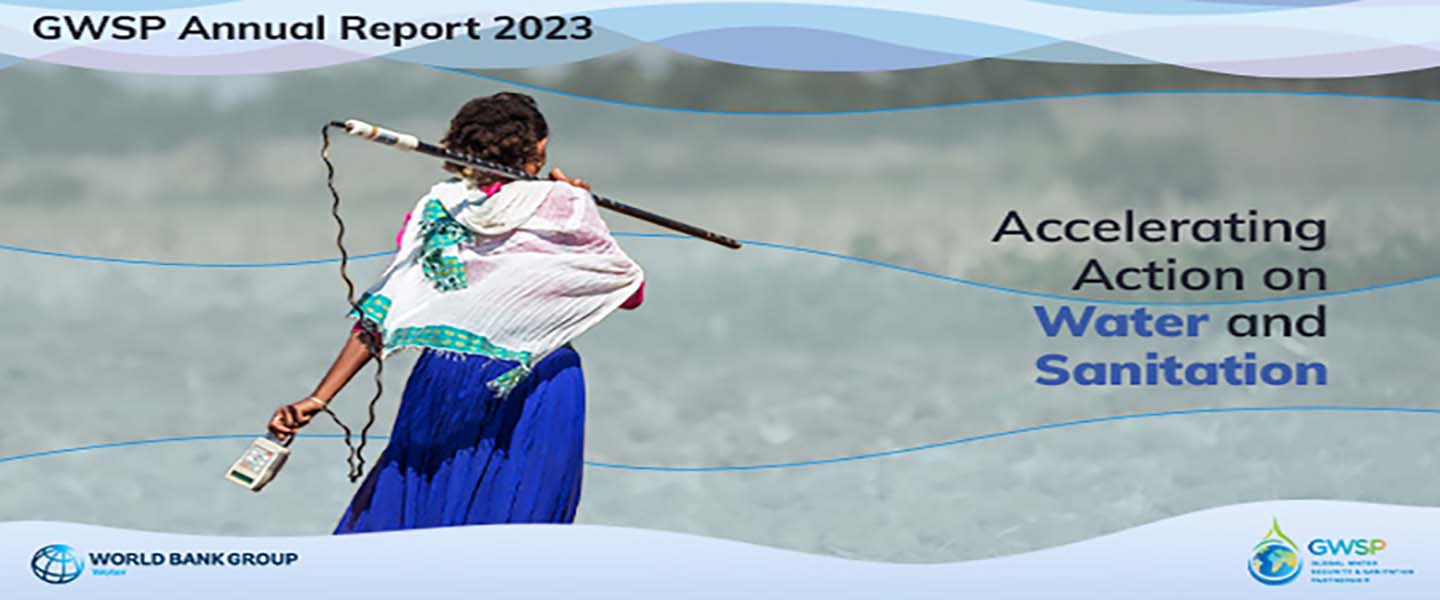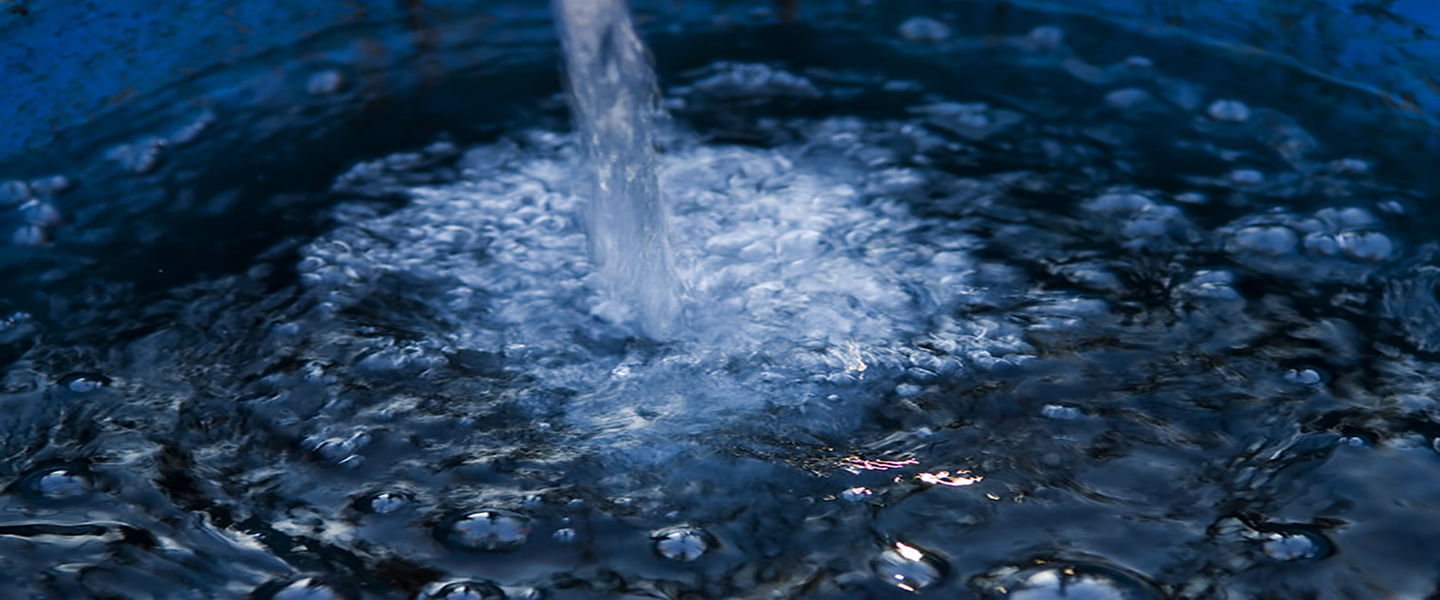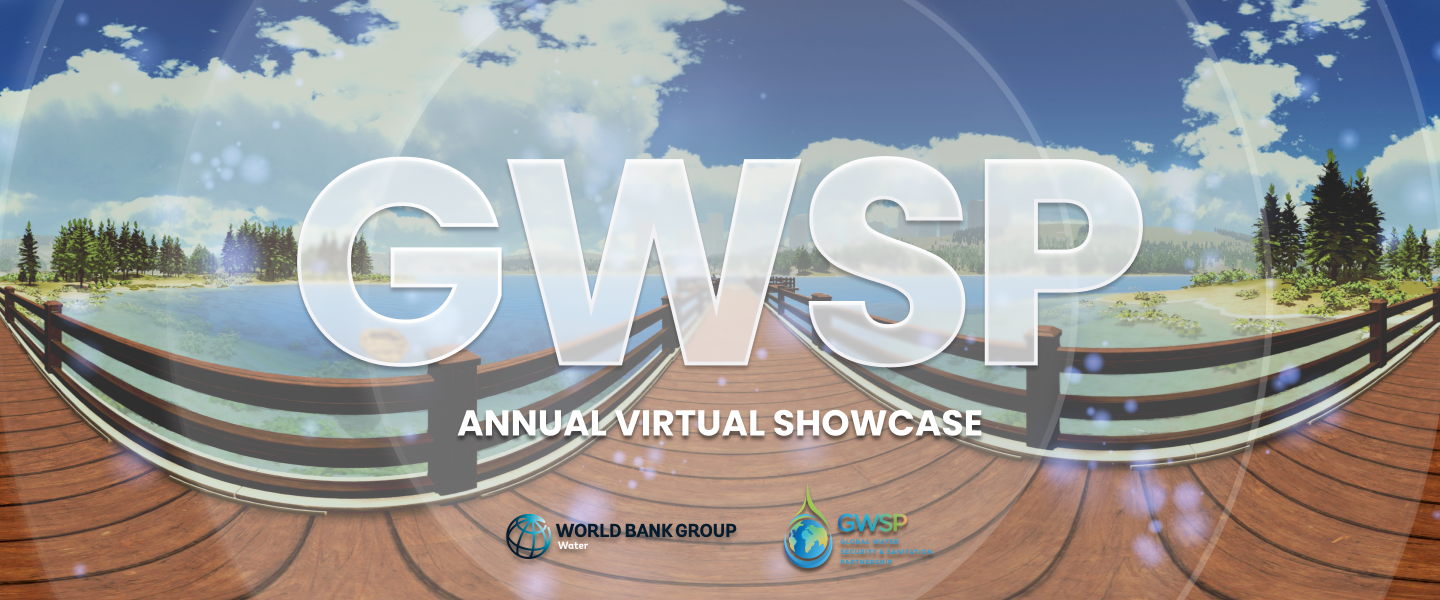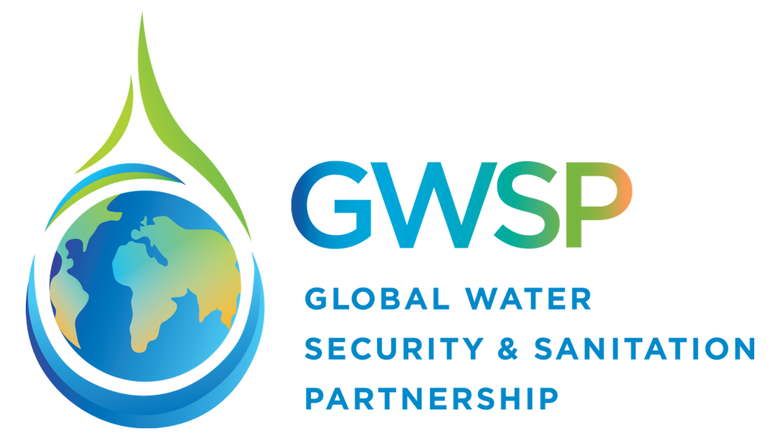

A catalog with a selection of reports, case studies and toolkits produced by GWSP and the Water Global Practice.


A comprehensive report on how GWSP advances results in water and sanitation.
Partnerships are the bedrock of a water-secure future. They provide opportunities and a framework for sharing knowledge, mobilizing funding, and providing technical assistance.
Groundwater is our most important freshwater resource, but the lack of systematic analysis of its economic importance has evaded attention from policymakers and the general public–threatening the resource. The Hidden Wealth of Nations: The Economics of Groundwater in Times of Climate Change report offers new data and evidence that advances understanding of the value of groundwater, the costs of mismanagement, and the opportunities to leverage its potential.
GWSP reviews its progress since launching in 2017 amid the ongoing COVID-19 health crisis, rising interest rates and inflation, the war in Europe, and the growing impact of climate change. While these challenges affect its mandate to ensure sustainable water service delivery, the latest GWSP annual report reveals that there is still hope.
What the Future Has in Store: A New Paradigm for Water Storage is an urgent appeal to practitioners at every level, both public and private, and across sectors, to come together to champion integrated water storage solutions—natural, built, and hybrid—to meet a range of human, economic, and environmental needs for the twenty-first century.
How can fragile countries like South Sudan better harness water’s potential to sustain development and stability? A new World Bank report “Rising from the Depths: Water Security and Fragility in South Sudan” highlights five priorities that could make a difference.
East Asia and the Pacific is a highly diverse region. It ranges from the world’s most populous country, China, to the small Pacific Island states. There is similar breadth in the challenges for the water sector. Rapid population growth, urbanization, and economic development are increasing demand for water as supply is becoming less reliable.
This report focuses on strengthening nascent policy and institutional frameworks to guide water sector investments and ensure their sustainability. It also suggests using a portfolio of infrastructure options to manage water resources to address South Sudan’s water supply and sanitation crisis.
Water security is the bedrock of Senegal’s development and key to its socio-economic development goals. Deteriorating water resources and an inadequate institutional framework, however, are threatening both the country’s water security and economic growth.
Seeing the Invisible, and its companion, A Practical Manual on Groundwater Quality Monitoring, not only provide a detailed description of the types and nature of contaminants in groundwater, but also the tools and resources for their measurement and long-term monitoring, and techniques to protect the resource from being contaminated in the first place.
The Ebb and Flow: Water, Migration, and Development explores the link between water and migration, and the implications for economic development.
The Water in Circular Economy and Resilience (WICER) report presents a paradigm shift from linear thinking in the way we plan, design, and operate water infrastructure in urban settings towards a circular and resilience approach.
An EPIC Response Framework shows how national governments can holistically manage floods and droughts: There are twelve fundamental building blocks to an EPIC Response, as explained in the report.

